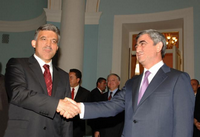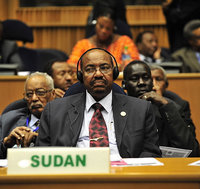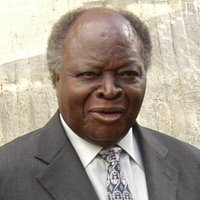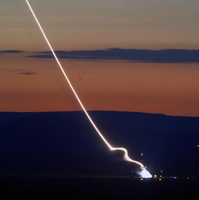
Recurring efforts by Armenian-Americans to secure official U.S. condemnation of the Armenian genocide have often been portrayed by opponents as “counterproductive” to U.S.-Turkey, as well as Turkey-Armenia, relations. But the campaign to pass a non-binding congressional resolution has actually helped focus these relations by catalyzing Armenian-Turkish dialogue, advancing democratic debate inside Turkey and, perhaps most counterintuitively, helping navigate the U.S.-Turkish partnership through a troubled stretch. An Ancient Relationship Separated by religion and language, for almost a thousand years Armenians and Turks shared one homeland — a large area known alternately as Eastern Turkey and Western Armenia. It was never a […]




